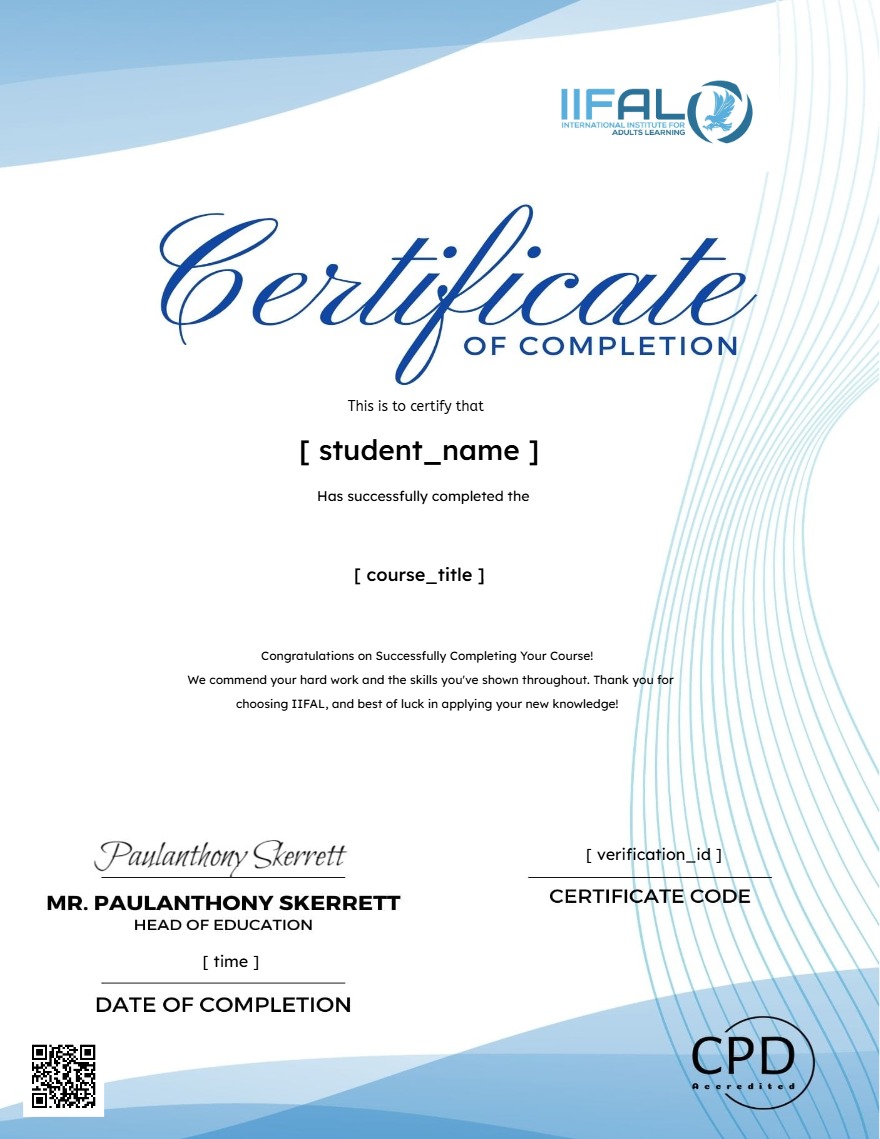
About Course
The Level 1 Food Hygiene and Safety Course is an introductory program designed to provide participants with the foundational knowledge and skills necessary for maintaining food safety in a variety of food handling environments. This course is ideal for individuals involved in food preparation, service, or handling, offering them a clear understanding of their responsibilities in ensuring food safety.
Participants will explore the importance of food hygiene, learning how poor practices can lead to contamination and foodborne illnesses. The course covers key topics such as food safety hazards, including biological, chemical, and physical risks, and explains how to identify and control these hazards effectively. A focus is placed on the “4 Cs” of food safety: Cleaning, Cooking, Chilling, and Cross-contamination, with detailed guidance on how to implement these practices in real-world scenarios.
Personal hygiene is another critical area, with participants learning best practices for handwashing, proper attire, and preventing contamination through individual behavior. The course also introduces practical steps for maintaining cleanliness in food preparation areas, ensuring proper storage, and using correct cooking temperatures to eliminate harmful bacteria.
Delivered online, the course is designed for flexible learning and can be completed in 1 to 2 hours. It concludes with a comprehensive assessment to evaluate participants’ understanding of key concepts. Upon successful completion, participants will receive a digital certificate, validating their knowledge and skills in food hygiene and safety. This certification enhances their credibility and employability in the food industry, demonstrating a commitment to maintaining high food safety standards.
Course Content
Introduction to Food Hygiene
Introduction to Basic Food Hygiene Principles and Practices
Introduction to Food Hygiene
Food Safety Hazards
The 4 Cs – Cleaning
The 4 Cs – Cooking and Chilling
The 4 Cs – Cross-Contamination
Personal Hygiene
Level 1 Food Hygiene and Safety [Final Quiz]
Earn a certificate
Add this certificate to your resume to demonstrate your skills & increase your chances of getting noticed.

Student Ratings & Reviews

